Reviewed by Julianne Ngirngir
Ever spend ten minutes scrolling through thousands of photos to find that one shot from your cousin's wedding? Or worse, trying to remember if you took a picture of your car's license plate after parking at the airport? Well, Google just dropped a solution that feels almost telepathic—and it's rolling out to Android devices right now.
What you need to know:
Android's Photo Picker now includes search functionality for finding specific images instantly
Google Photos is getting "Ask Photos" powered by Gemini AI for conversational search
On-device AI processing keeps your personal photos private while delivering smart results
The updates work across both local device storage and cloud-backed photos
The Photo Picker gets a brain transplant
Here's the kicker—Android's Photo Picker is finally getting search, and it's about time. You know that little pop-up window that appears when apps ask for photo access? The one where you've been stuck endlessly scrolling through chronological thumbnails like it's 2010?
According to Android Authority, users are starting to see a search bar appear at the top of the Photo Picker interface, sitting right above the Photos and Collections buttons. Instead of relying on basic file name matching, this intelligent search recognizes specific people through facial detection, identifies objects and locations within your images, and understands visual context—essentially bringing Google Photos' sophisticated recognition capabilities right into that previously frustrating selection window.
The real game-changer? Cloud photos from Google Photos are now integrated directly into the Photo Picker experience. This means you can search across both your local device storage and your cloud-backed library simultaneously, eliminating the app-switching dance when you need that perfect shot that's backed up but not stored locally.
PRO TIP: The update is rolling out gradually, so don't panic if you don't see it yet—it's coming via Google Play System Updates, not tied to Android 16.
Ask Photos: when your gallery becomes psychic
Beyond basic keyword recognition, Google Photos is getting a full AI makeover with "Ask Photos," powered by Gemini models. We're talking about conversational queries that understand context, recognize patterns across your entire photo timeline, and deliver insights that would make a personal archivist envious.
Picture this: instead of hunting through folders, you can ask things like "Show me the best photos from every National Park I visited" or "What themes did I use for Emma's last four birthday parties?" The AI understands context, analyzes lighting quality and composition to determine your "best" shots, cross-references location data with park boundaries, and even reads text within your photos to deliver eerily accurate results.
Google demonstrated one parent asking to see their child's swimming progress over time—and the AI packaged up highlights of photos and videos showing the kid's development from floaties to freestyle. That's not just search; that's digital memory archaeology that reveals patterns in your life you might not have noticed yourself. You could track fitness progress across different activities, identify your most-visited restaurants, or analyze how your photography style has evolved over the years.
The feature started rolling out to select U.S. users through Google Labs, with broader availability coming soon.
Privacy stays put (thankfully)
Now, before you start worrying about Google's AI rifling through your personal photo collection, here's how the privacy architecture actually works: most of this processing happens on-device, meaning your photos never leave your phone for analysis.
What "on-device" really means is that AI models run locally on your phone's processor, eliminating the need to upload your personal images to remote servers. Your intimate family moments, private documents, and personal memories get analyzed by intelligence that lives entirely within your device's secure environment. Google's on-device runtime handles everything from facial recognition to scene understanding without transmitting data externally.
Beyond technical safeguards, Google explicitly states that personal data in Google Photos isn't used for ads or to train other AI products. The Android Photo Picker was designed from the ground up to be privacy-preserving, requiring zero runtime permissions while giving apps temporary access only to the specific photos you choose.
You maintain complete control over which images get processed and when, with transparent settings that let you disable or customize AI features at any level.
More than just search: AI gets everywhere
The photo improvements reflect a broader Android AI transformation that's making your phone smarter across every app and interaction. Android 15 brought Theft Detection Lock that uses AI to sense when someone snatches your phone, and TalkBack now offers detailed audio descriptions of images powered by Gemini models for accessibility.
Even Google Drive got smarter, with auto-enhanced scanning that removes shadows and blurring from your receipts and documents. The ML Kit's Text Recognition API can now scan documents completely offline—no internet required.
These features work together to create an ecosystem where your phone anticipates needs, solves problems proactively, and delivers assistance that feels genuinely intelligent rather than just automated.
What this means for your daily digital life
Here's what actually changes for you: no more five-minute photo hunts when you need to share something quickly. No more "I know I took a picture of that receipt somewhere" moments. Your Android device is evolving from a passive photo storage box into an active assistant that understands what you're looking for—even when you can't quite articulate it yourself.
The search improvements are rolling out to Android 12+ devices through system updates, while Ask Photos continues expanding beyond its initial U.S. launch. With over 6 billion images uploaded daily to Google Photos alone, these AI-powered search tools aren't just convenient—they're becoming essential as our digital photo libraries grow exponentially and traditional organization methods break down under the sheer volume of visual memories we create.
Your photo library is about to get a lot smarter. And frankly, it's about time our phones started earning their "smart" designation when it comes to the thousands of memories we trust them to hold.




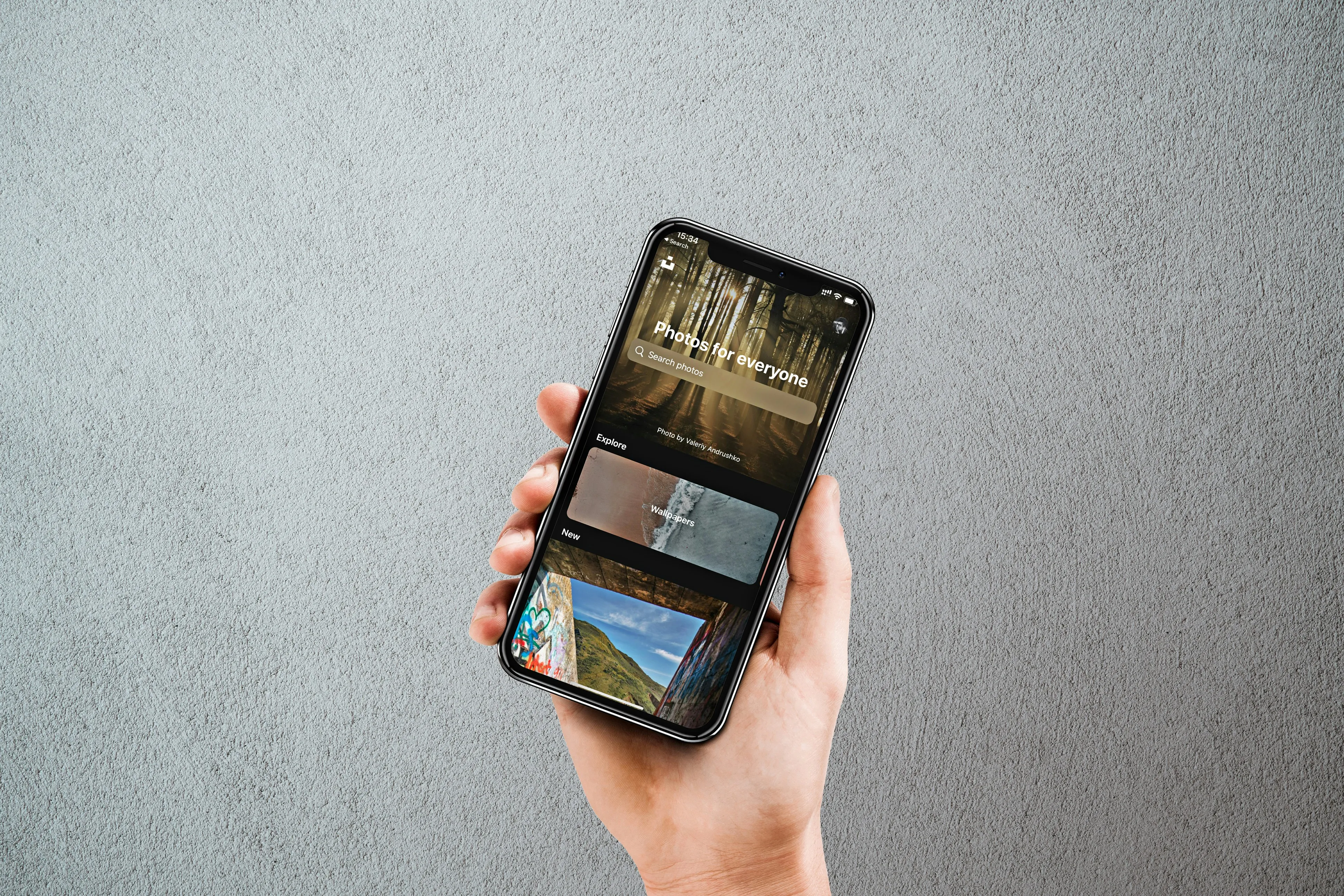
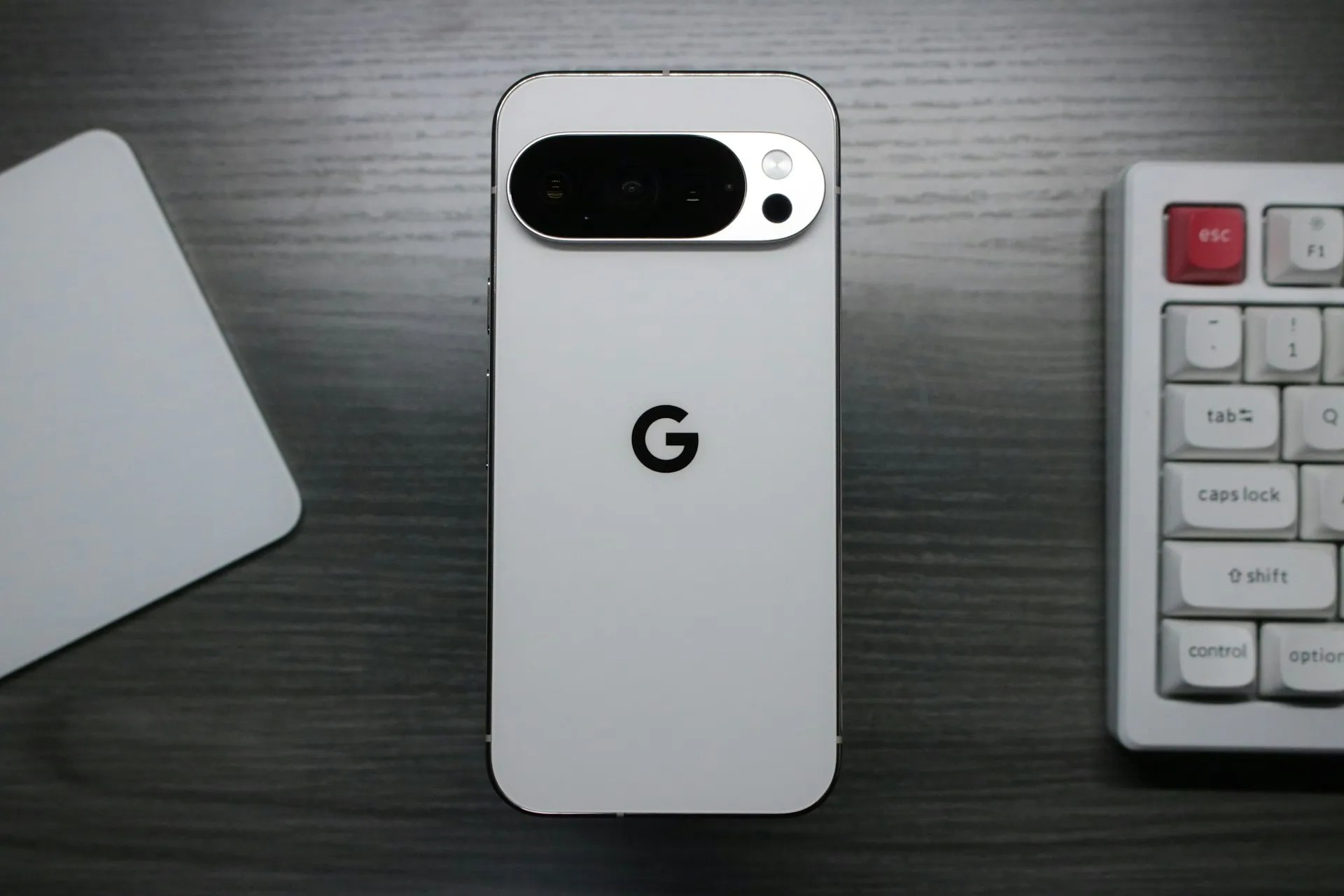


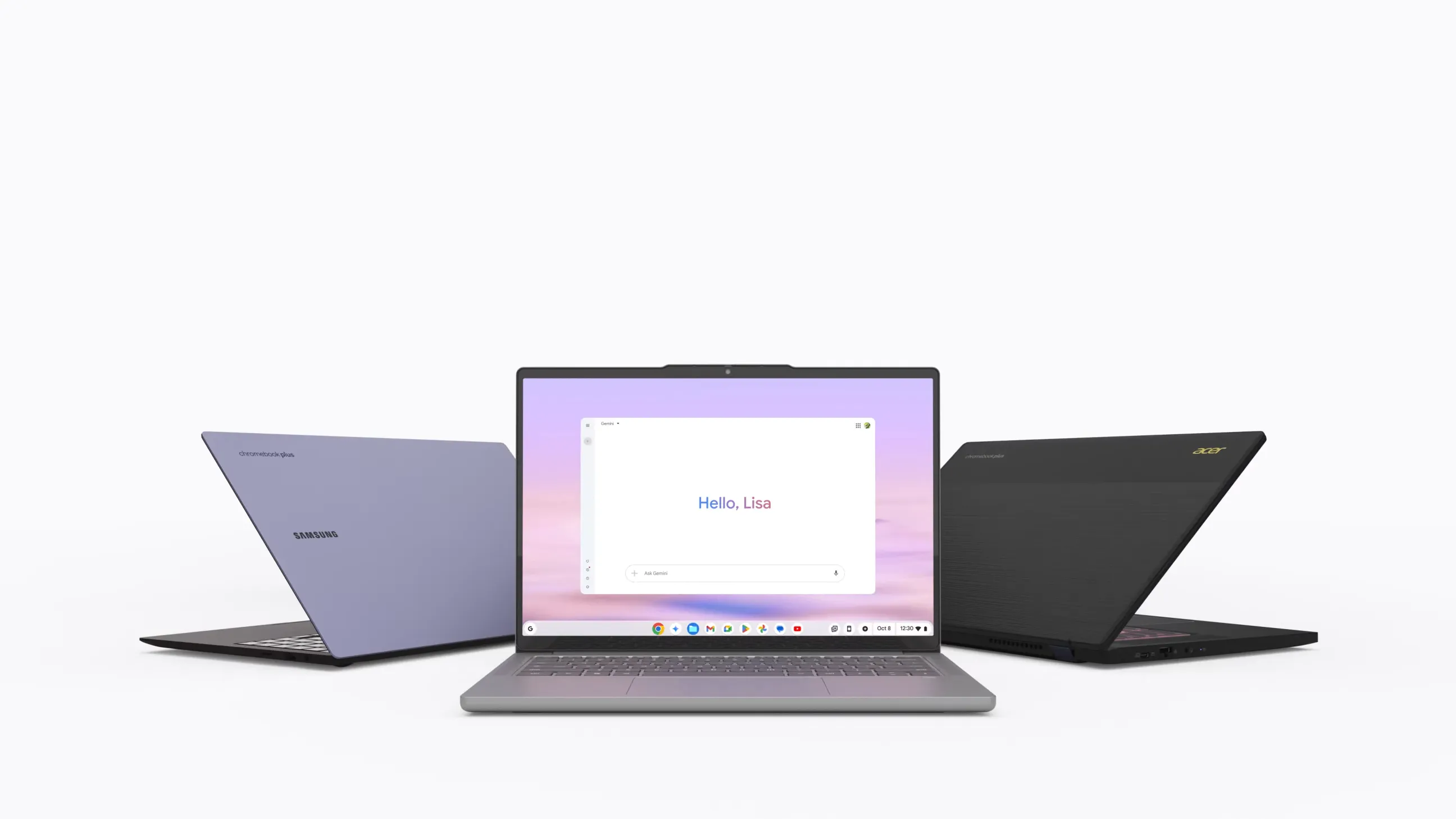




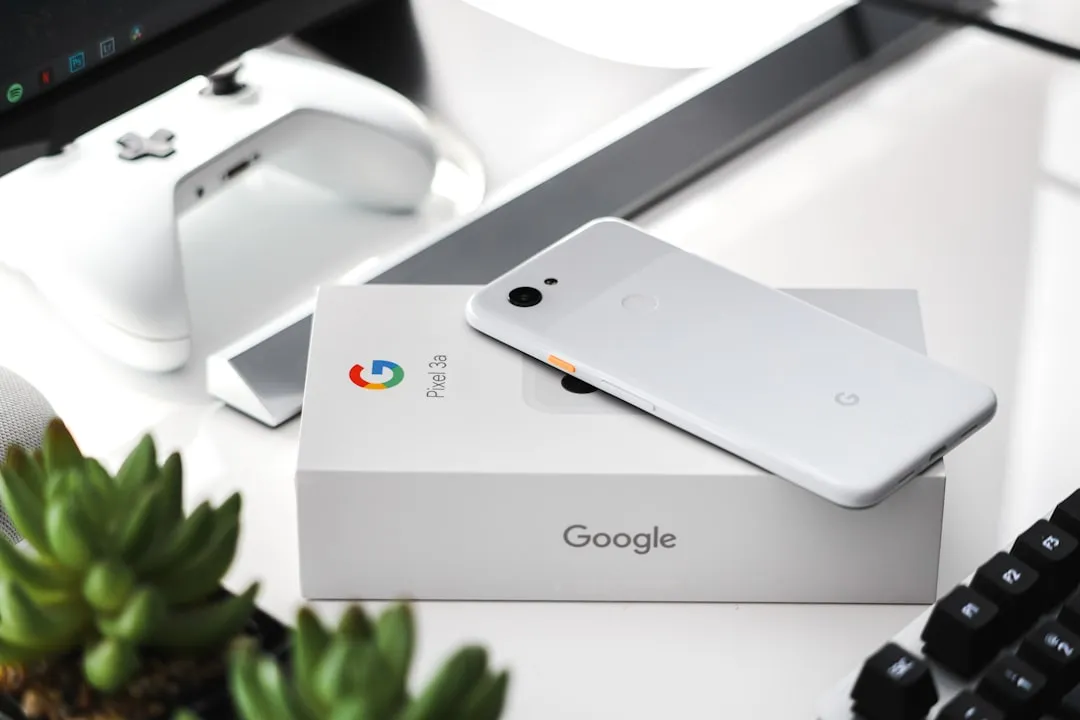

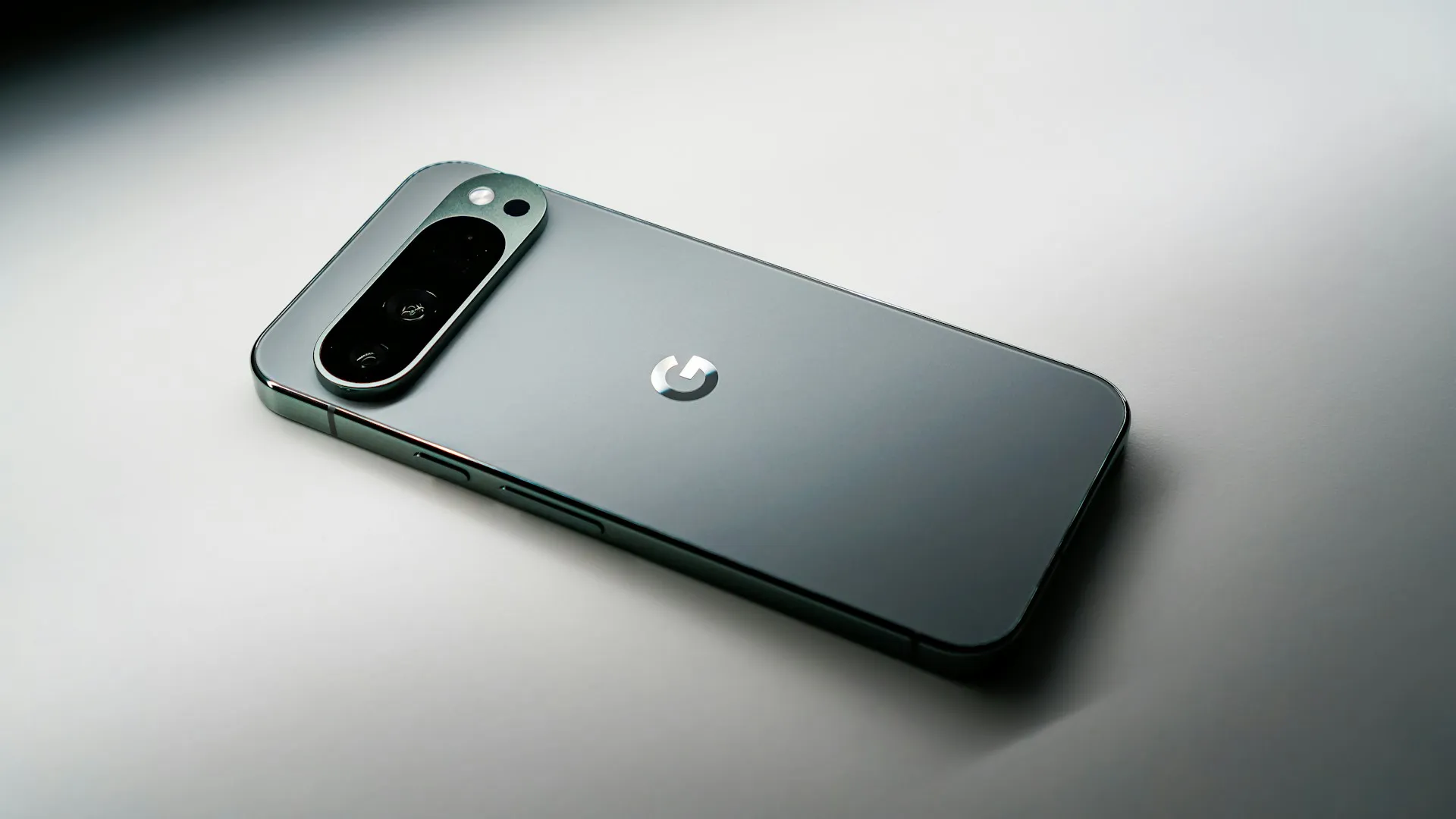


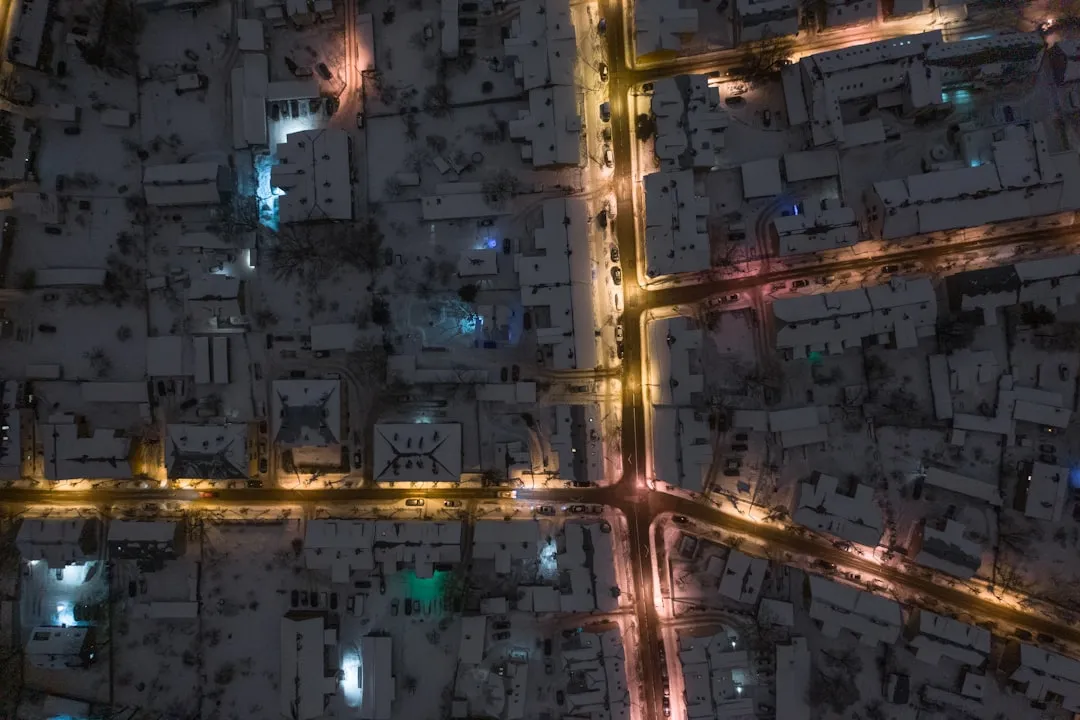

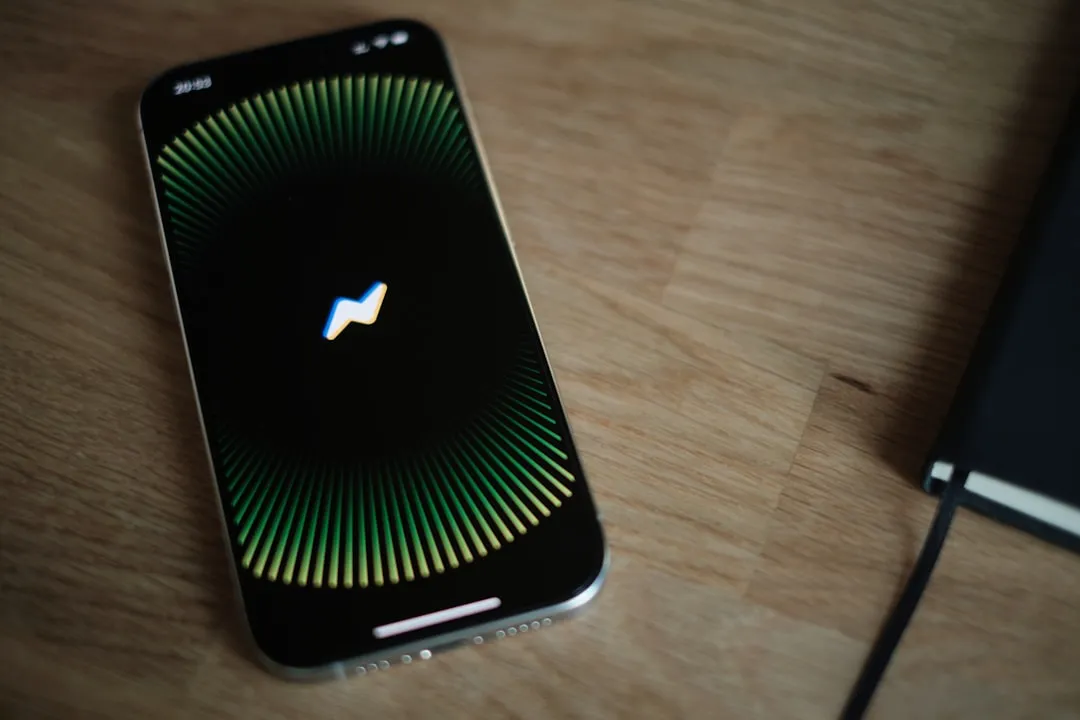

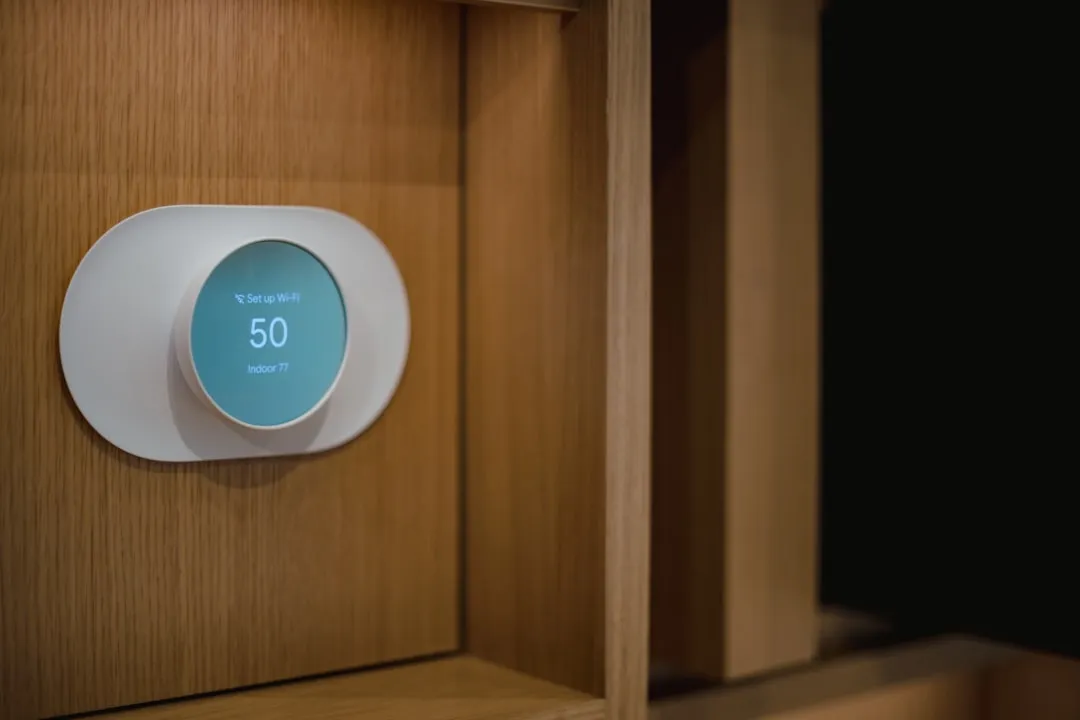

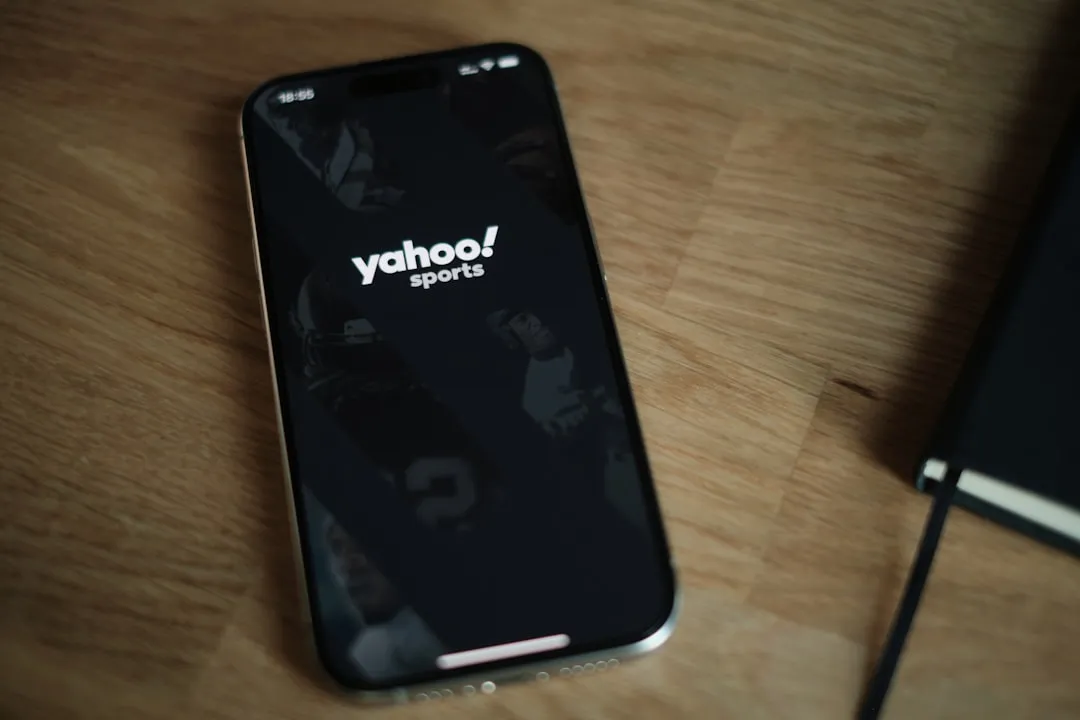
Comments
Be the first, drop a comment!